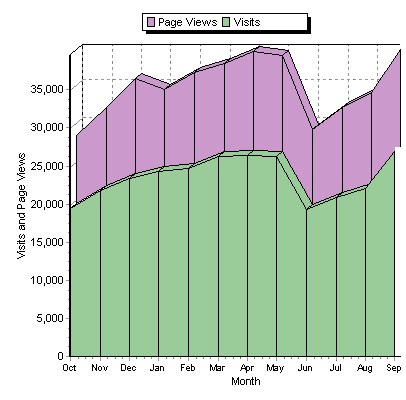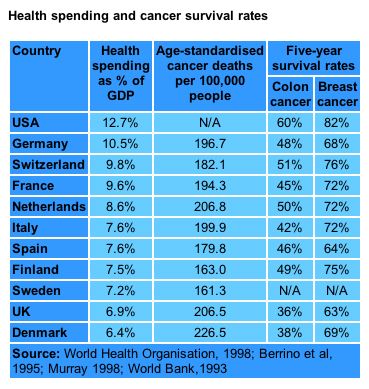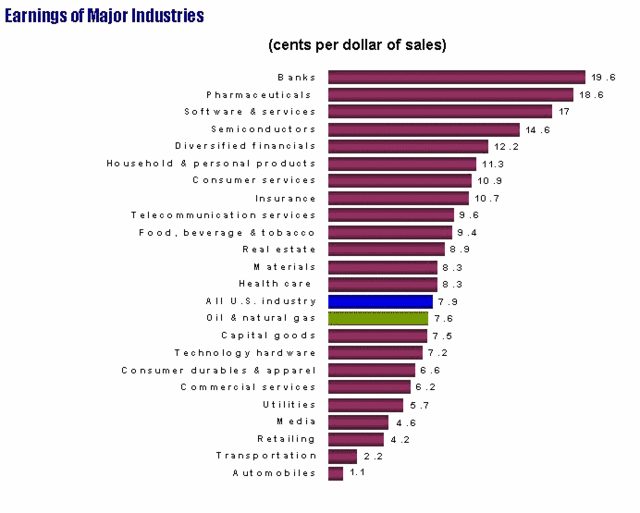I have tried many times to combat the absurdity of zero-sum economic thinking. Unfortunately, Democrats seem to be testing income-inequality messages as their lead horse to ride in the upcoming elections, so we are going to hear a lot more of it. It bothers me even more when smart liberals like Kevin Drum buy into the zero sum thinking. To his credit, he doesn't totally buy into this mess from Paul Krugman:
The concern [is] that, through mechanisms we're not entirely sure of, the very richest are siphoning off the economic growth before it flows through the middle and lower classes. The worry is about the distribution of growth, but the suspicion is that the distribution is being warped by the sheer level of inequality.
But then he goes onto say nearly the same thing:
I'm not sure this gets the mechanism quite right, though. There are two basic ways that unequal growth can happen:
-
The rich suck up vast amounts of income growth, and this leaves very little money for the middle class. Thus, wages for the middle class are stagnant or, at best, rising slowly.
-
Middle class wages are kept stagnant, and this frees up vast amounts of money from economic growth. The money has to go somewhere, and it goes to the rich.
Now, obviously, it doesn't have to be one or the other. It could be both. But I suspect there's a lot more analytic power in #2 than in #1.
And finally, this stupendously ridiculous statement:
After all, the income from economic growth has to go somewhere, and if it's not going to the middle class it's going to end up going to the rich. Where else can it go?
What's bizarre about all of these statements is it treats wealth, and in this case specifically income growth, like a phenomena that is independent of individuals and their actions. They treat income growth like it is a natural spring bubbling up from the ground, and a few piggy people have staked out places by the well and take all the water before the rest of us can get any.
Wealth and income growth comes from individual action. Most rich people are getting more rich because they are intelligently investing and taking risks with their capital, applying the output of their mind to create new wealth. There is no (none, zero, 0) economic correlation that says that if the rich get really rich, then there is less left over for the poor.
Here is his solution:
Now, there's certainly no reason to reduce marginal tax rates on the hyper rich in an effort to make inequality even worse than it otherwise would be. But as unjustified as this is, tax cuts aren't the main issue. Median wages are. Focus government policy like a laser on improving the wages of the middle class, and reductions in income inequality will follow.
And how the hell does he suggest the government do that? Seriously. Can anyone tell me one single thing the government can do to improve middle class wages that does not involve tax policy? Well, we can back into his solution from this paragraph where he lists things the government can do that are bad for the middle class:
Appoint members to the Federal Reserve who are obsessed with inflation and act to cool down the economy at the least sign that average hourly wages are rising. Make it harder to form unions in new industries, thus reducing the bargaining power of the working class. Support free trade agreements that put downward wage pressure on low-income workers. Support tax and deregulation policies that make middle class jobs less secure.
So presumably, his solution to increasing middle class wages is: 1) allow inflation to run at a higher rate 2) encourage unionization 3) adopt protectionist measures for uncompetitive industries and stifle free trade 4) increase regulation on businesses and reverse deregulation in industries (presumably like airlines and telecoms).
I'm no Julian Simon, but if we could structure a bet as to whether these policies would help real middle class wages, I would sure take the opposite side from Mr. Drum.
Here is my theory for what is going on, if you even accept that middle class income stagnation is real and not a symptom of our difficulty measuring the benefit of improving products and technologies. I think much like technological advances from time to time in the past have caused restructurings in the labor market for blue collar workers, we are going through the same thing, really for the first time, with white collar middle class workers. Technology and globalization offer all sorts of opportunities for companies, and the result is a real restructuring of how many types of white collar workers are used. Until this restructuring is complete, wages may stagnate, since any wage pressure will just lead to companies implementing changes from their backlog of streamlining opportunities.
At some point we will work through this, and wages will rise again. If anything, I think the government does damage by slowing this process down. Note that nearly every one of Drum's suggestions would slow or stop this restructuring. This is one of the ironies of progressives -- despite their name, what they don't like about capitalism is the change. They want safety and predictability from the inherently unpredictable. So protectionism slows global outsourcing, and also reduces the pressure for cost improvement. Regulation tends to lock in current practices and make changes harder. Ditto strong unions.
One of the reasons I like some of what Bill Clinton did was that in the early 90's, he faced tremendous pressure to take many of these same steps, trying to halt the economic restructuring that was occurring due to competition from Asia. He didn't have the government step in, though, and he supported free trade, and the country thrived. His fellow Democrats (including his wife) should learn from that.
update: A real economist (unlike me and probably Paul Krugman) discusses inequality and unionization
update #2: More real economists, this time the awsome guys at Cafe Hayek, pile on.




